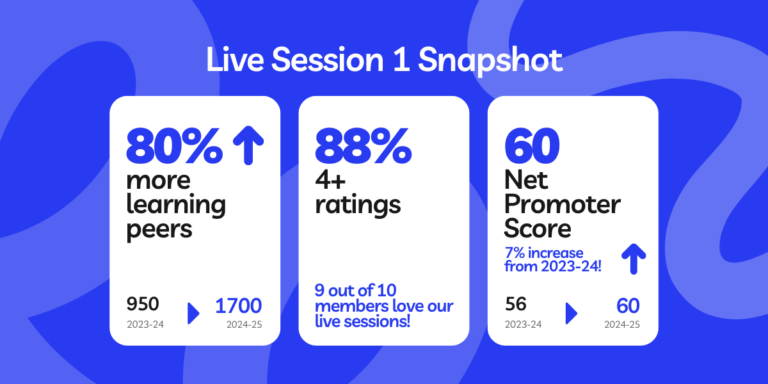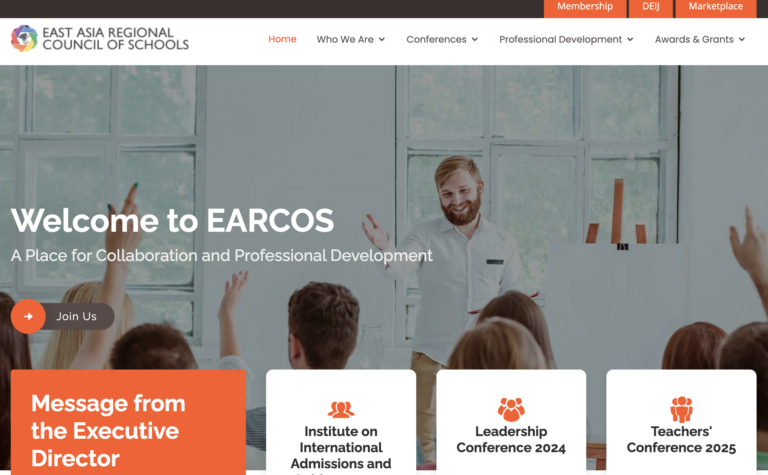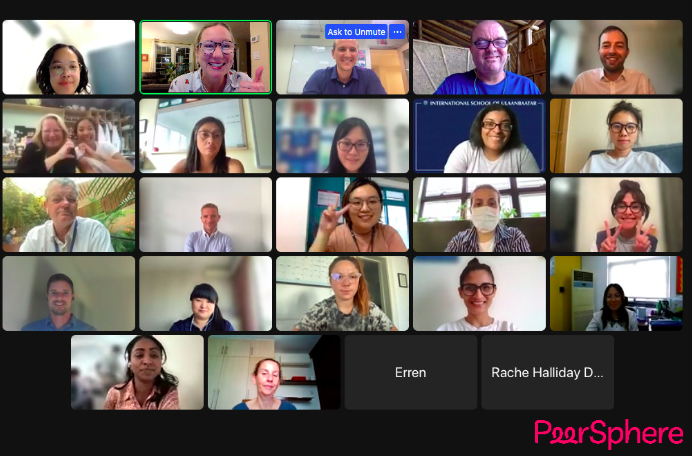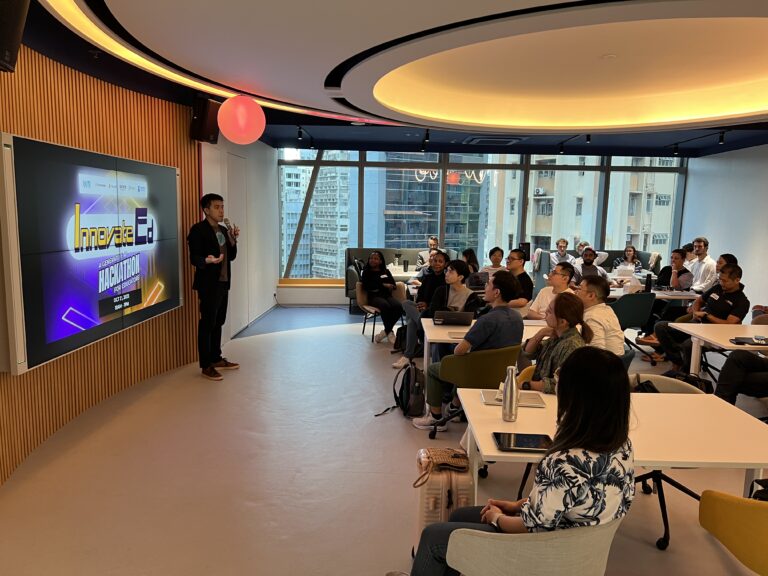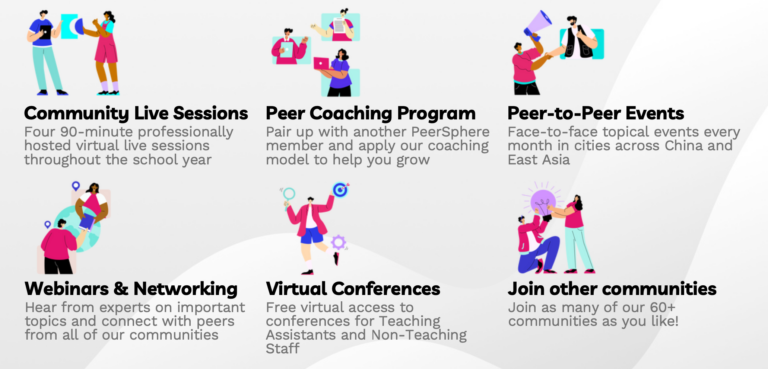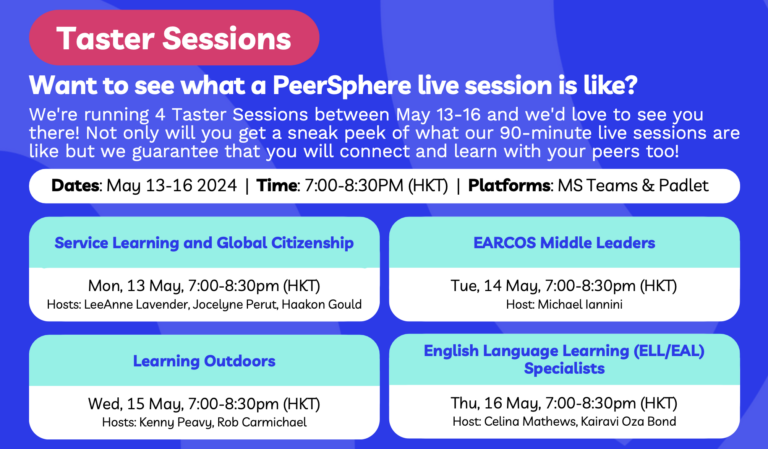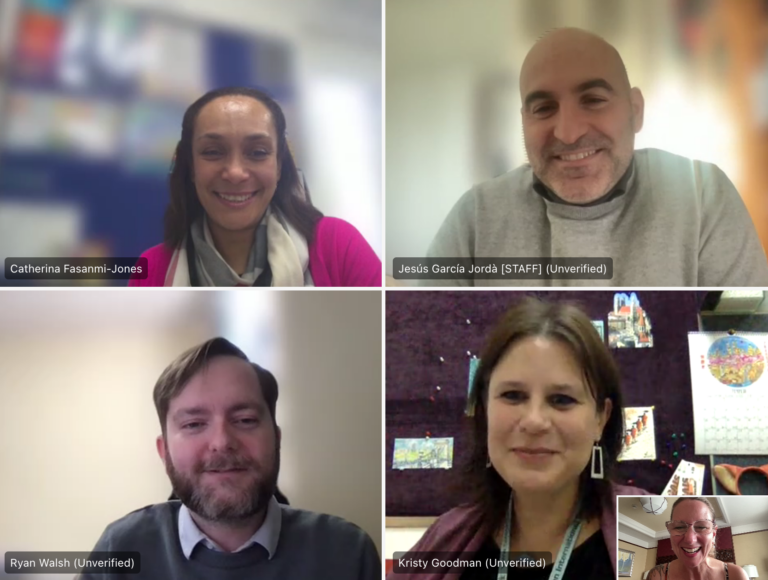Photo by Priscilla Du Preez 🇨🇦 on Unsplash
By LeeAnne Lavender, PeerSphere Storyteller
Participating in a Peer Learning Community (PLC) can be a game-changer for educators seeking professional growth and collaboration. These communities – designed to bring together people with common roles and a diverse range of experiences, ideas, and perspectives – offer a unique opportunity for ongoing learning and development.
Whether you are a teacher, non-teaching staff member, middle leader, or head of school, making the most of your PLC experience in the 2023/24 year requires active engagement and strategic involvement.
Here are the top 10 ways to maximize your PLC experience:
- Set Clear Goals:
Begin by setting clear, specific, and achievable goals for what you want to gain from your PLC experience in the upcoming year. What knowledge or skills do you hope to acquire? What problems do you want to solve? Having well-defined objectives will help you stay focused and motivated.
- Active Participation:
Be an active participant in all PLC activities. Attend online sessions with enthusiasm, ask questions, share your experiences, and contribute to discussions. Active participation fosters a sense of belonging and encourages collaboration, and research shows this is an essential ingredient in maximizing the impact of your PLC experience.
- Engage in Ongoing Conversations:
Take advantage of the online forum and opportunities to share resources provided by PeerSphere for your PLC. On the PeerSphere platform, engage in ongoing conversations, share your insights, and seek advice from fellow members. This will open up opportunities for continuous learning beyond scheduled meetings.
- Collaborate and Network:
PLCs are not just about learning from experts; they are about learning from your peers. Collaborate with other members on projects, share resources, and build a professional network that extends beyond your immediate school community. This may even result in inter-school initiatives and learning experiences, as well as opportunities for you to present and share at other schools. A good strategy is to identify peers with similar goals and/or contexts and connect with them to network in targeted ways.
- Be Open to Different Perspectives:
Embrace diversity within your PLC. Different perspectives and experiences can lead to innovative solutions and broaden your understanding of various topics. Be open to learning from educators with different backgrounds and teaching assignments.
- Share Best Practices:
If you’ve discovered effective teaching methods, strategies, or resources, don’t keep them to yourself. Share your best practices with the group! The more you give, the more you’ll inspire others to share, and the more your PLC community will benefit. It’s this shared knowledge base that makes a PLC so valuable, and the more you can participate in the exchange of ideas, the more robust and rich your PLC experience will be.
- Reflect and Apply:
After each PLC session, take time to reflect on what you’ve learned and how you can apply it to your teaching or role. Implementing new ideas and strategies in your school environment is a key part of professional growth. Writing down reflections from your PLC experiences can help document growth throughout the year, and this may be helpful for your professional development plan at your school. Adding these reflections to documentation for your annual PD plan can show consistent and intentional investment in your professional learning.
- Take Leadership Roles:
If the opportunity arises, consider taking on leadership within your PLC. Leading discussions or initiatives can enhance your own expertise while contributing to the success of the community as a whole. In many PLCs, there are opportunities to share or present during scheduled online meetings. Think about sharing best practices from your own experiences that would benefit the group. Another option is to bring a challenge or question to the meeting and offer it up for discussion and ideation.
- Seek Continuous Improvement:
Education is a dynamic field, and there is always room for improvement. Continuously seek ways to refine your teaching or job responsibilities. Your PLC can provide valuable feedback and support your growth journey, and you can even seek out a mentor in your PLC. If you identify a peer who has experience or skills you value, and you would like to learn more from him/her/them, reach out and see if you can schedule time to talk beyond the PLC meetings.
- Be Vulnerable by Sharing Challenges and Questions:
Be willing to share both your successes and challenges. Sharing success stories inspires others, while discussing challenges can lead to solutions and shared experiences that help everyone in the group. Because you are working with peers who have similar roles, you can rest assured that your challenges are not singular and that others would benefit from hearing from you.
In the world of PLCs, you truly “reap what you sow.” Your level of engagement and commitment will directly impact the value you receive from these communities.
As you embark on the 2023/24 PLC journey, keep these strategies in mind to make the most of your experience. Remember that your contributions not only enhance your own professional growth but also contribute to the collective knowledge and advancement of the entire educational community.


